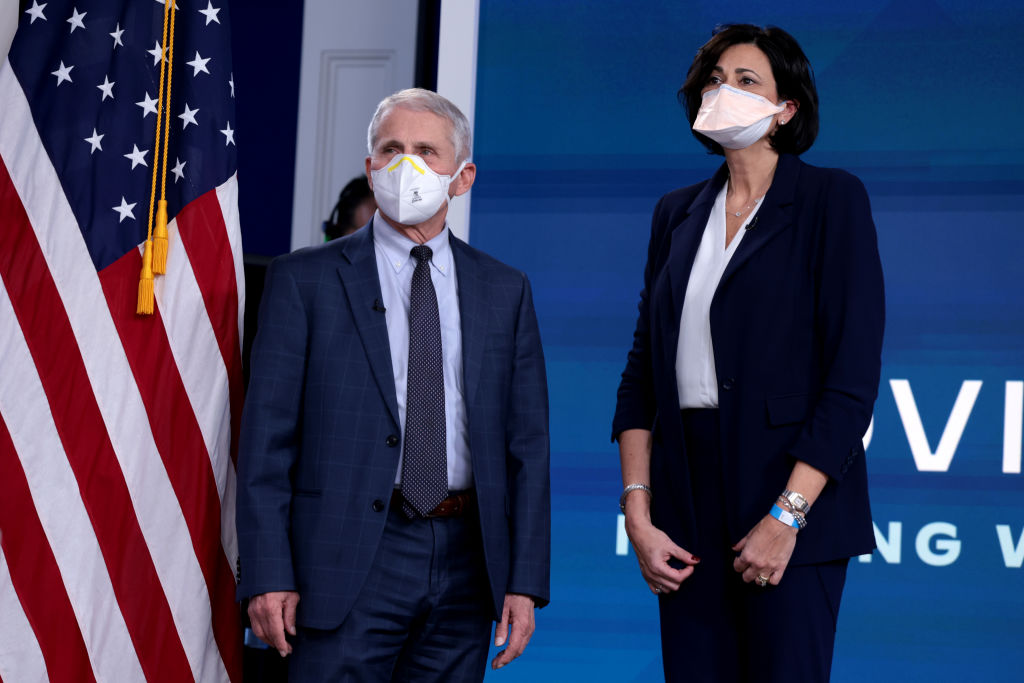Since the start of the COVID-19 pandemic, over 330 medical papers related to the virus have been retracted, often because of scientific inaccuracies or ethical issues. The retracted papers encompassed various subjects including alternative treatments, misinformation about side effects, and incorrect assumptions about the virus.
One instance of a significant research reversal happened at the University of Manchester, where researchers had previously claimed that hearing loss could be a consequence of COVID-19 infection. Later, they acknowledged this as a false assumption. Professor Kevin Munro from the audiology department of the university noted that due to the urgency of the pandemic, many COVID-19 studies were hurried, which resulted in a lack of thorough clinical and diagnostic investigations.
Another high-profile paper retraction occurred in the prestigious journal Science, where a study on the Omicron variant’s spread in South Africa was withdrawn. This happened after critics on social media indicated that some samples used in the study could have been false positives.
Retractions also occurred in social sciences research. One paper reporting on vaccine misinformation on social media was withdrawn due to its inadequate sample size and the use of unbalanced search terms. Gunnveig Grødeland, a senior researcher at the Institute of Immunology at the University of Oslo, pointed out that a significant number of these withdrawn papers suffered from ethical shortcomings, frequently due to a lack of informed consent from study participants.
Importantly, not all retractions were made because they contradicted the established scientific consensus about COVID-19. A notable retraction involved a paper that had erroneously claimed that the majority of COVID-19-related deaths in the United States were attributable to other underlying health conditions, known as comorbidities.
The retractions highlight the importance of rigorous scientific protocols and ethical standards, even in times of urgency such as a global pandemic.













